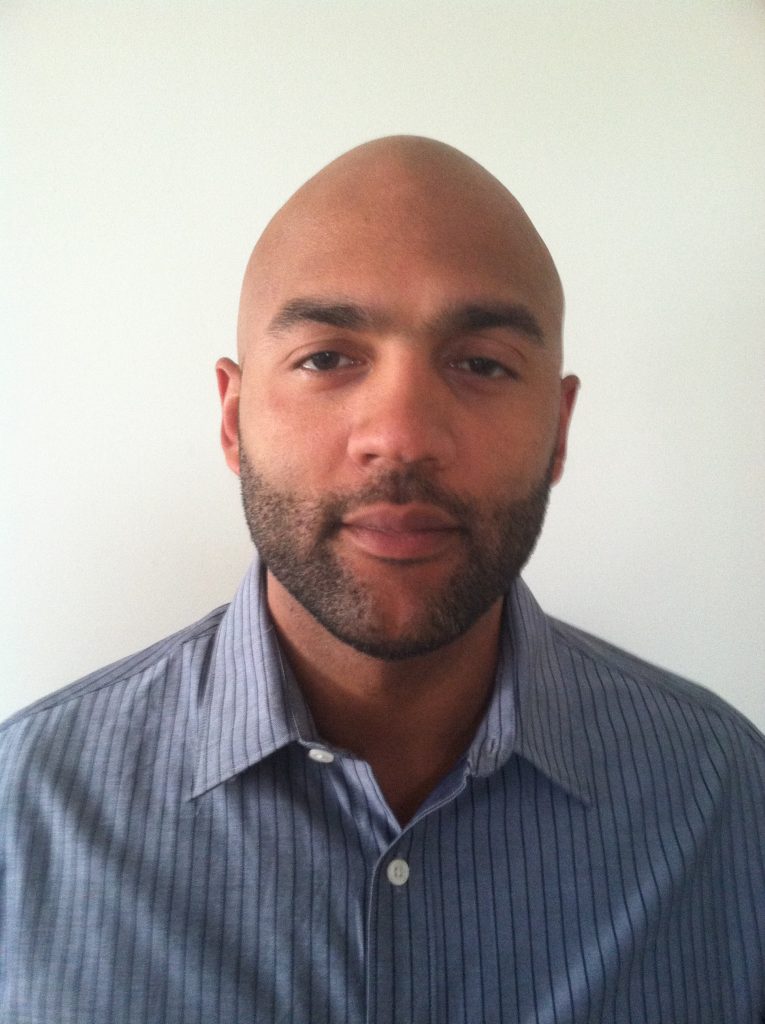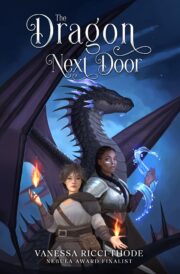Take Editing Humor Seriously. Please.
by James Beamon
I take my humor seriously. You have to, as a humorist, and even more as an editor looking for funny stories. The bulk of my editing experience has been scrutinizing speculative short fiction for the Unidentified Funny Objects anthology series, currently on its ninth release. When scouring the slush for the right combination of jokes, gags, and turns of phrase that will hopefully please a countless number of potential readers, comedy is no laughing matter.
So how do you pick, out of the hundreds of stories submitted, the fifteen or so that make it into a short fiction anthology? While it’d be nice to say a simple, easy “Well, I thought it was funny” as the answer, humor is arguably the most subjective genre of writing, one that can be made even more subjective when viewing life through a BIPOC lens. Sad stories tend to be universally sad…what’s funny to me could be a maddening stretch of deadpan silence to you. Maybe a cricket chirps.
Having a team is important, especially in those first fledgling years of editing, especially when you need to find humor that’s not intrinsic to your own point of view. While there were a handful of stories that we all agreed were great, I found myself surprised by some reads I thought were hilarious that didn’t land with anyone else or stories other associate editors put forth to near rave reception while I’m scratching my head saying, “How?!” It’s the kind of experience that’ll make you feel obtuse at times. But, more importantly, it’s the kind of experience that gives perspective. You’ll need perspective, the ability to get out of your head and not just look at what’s funny to you, but to see why others could find a thing funny.
This isn’t to say your initial perspective isn’t already inherently valuable, especially as a BIPOC editor, because it is, crucially so. I became a Black editor inadvertently, after writing SF/F humor for a few years, submitting a story to Unidentified Funny Objects, and getting asked by Editor-in-Chief Alex Shvartsman if I’d be interested in being an associate editor on the maiden project. We’d known each other for a while, he’d seen me rant on the state of SpecFic humor (I was taking my humor seriously, even then), and I felt nothing was more important in the industry than to celebrate the laughs. And there was plenty to laugh about: everything from punching up at the white establishment, to how Cousin Keisha was being messyboots at the family reunion in the far-flung future, to how many of the dominant culture don’t know what a “messyboots” is and probably think I’m making up the word right now. My perspective, unapologetically Black, informed and steeped in the culture, is what the mainstream (i.e., white) editors needed to get out of their own heads to see how someone not of the dominant culture found a thing funny.
Understand, prospective BIPOC editors out there, you bring your perspective to editing, something you cannot teach or train, something indelibly yours, and you bring it day one. We are too few in these spaces, though I feel that is actively being addressed and hopefully changing. In the meantime, your perspective is rare and very, very necessary.
So, how do you sort through the many stories submitted to select the few that will be published? You bring your perspective. You share your perspective. You listen to your peers around you while everyone is deliberating, getting their perspective, which in turn grows your own.
You’ll need that growth when the time comes for you to become Editor-in-Chief yourself. It happened to me when Amazing Stories asked me to curate their No Police = Know Future anthology. This collection was designed to showcase SF stories envisioning societies functioning without police, as well as alternative systems of justice. This was in 2020, in the wake of George Floyd, the whole world reeling from a system that was built by design to devour my people. I have no illusion Amazing Stories sought me out for any reason other than me being a Black editor. I wouldn’t have wanted it any other way.
I had no team for No Police = Know Future, no associate editors to thin the slush pile or bounce ideas off. I was on my own, with the pressure of living up to this theme and a pressing need to give this anthology everything I had. I read every single story that was submitted during that open call window. It was important to me to read them all. Being so new at this, having a subject matter so near and dear to my heart, I’m not sure I would have fully trusted associate editors even if I had some. This wasn’t a humor anthology, but an issue deeply impacting Black Americans, and as great as it is to have allies and other editors hitting the slush, Black editors are in short supply, and I wanted to look at that slush through that specific lens. I hit the contact pages of authors I admired and asked if they’d contribute. I worked with authors on rewrites, held stories that I would ultimately reject, stretched my limited budget, and finally produced an anthology Amazing Stories and I were proud of.
Even though dealing with a sensitive, important subject, I was able to trust myself as an editor because I had grown in my perspective. Not only did I bring what was inherent in me, but also the expertise I had grown from my experience as an associate editor. This was being able to distance myself and my biases from a story, to look at it mechanically and objectively, and get a great sense of what has mass appeal—what makes a story worth reading and remembering fondly. These skills don’t strictly stay within the genre in which you’re most familiar.
That said, when Minister Faust answered my direct request for a submission, and he gave me “Freeze Police,” the story of an ultra-right-wing MAGA-nation white cop getting cryogenically defrosted in an ultra-left police-less utopia, and I laughed so hard I cried–I literally cried real tears–I knew this story was going into the anthology, hell or high water. As an expert in humor, I knew this thing was funny. As an experienced editor, I knew placing it somewhere in the middle of this anthology would provide a brief respite from other, weightier work. When facing tragedy, giving oneself a reason to laugh may not solve the tragedy’s root problem, but I often find it’s the right prescription for letting one know things will be okay. Sometimes, when life becomes a bit much, it’s important to remember things will be okay. Nothing lets you know that more than tears of joy, streaming down your face as you try to read but dammit there is too much water in your eyes.
I’ll never not take humor seriously.
 Author Bio: James Beamon never met a bio about himself that he didn’t like. That’s because they often talk of his adventurous deployments to Iraq and Afghanistan or the wild ride he and his wife have shared for over twenty five years. It has nothing to do with the fact that he’s written all those bios himself and they should really be called “auto-bios” instead of plain “bios”.
Author Bio: James Beamon never met a bio about himself that he didn’t like. That’s because they often talk of his adventurous deployments to Iraq and Afghanistan or the wild ride he and his wife have shared for over twenty five years. It has nothing to do with the fact that he’s written all those bios himself and they should really be called “auto-bios” instead of plain “bios”.
Speaking of writing, James has written four novels of a fantasy adventure series, over forty SFF short stories and one game. He has been an associate editor for the Unidentified Funny Objects series, Escape Pod and is currently lending a hand over at Beneath Ceaseless Skies. He was the Editor-in-Chief for Amazing Stories’ No Police = Know Future. James has served as a Director-at-Large for SFWA and is living in Virginia with his wife, son and attack cat.


